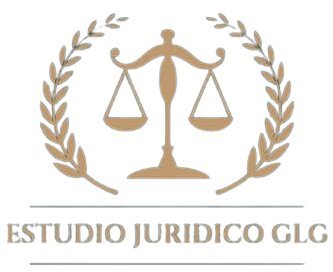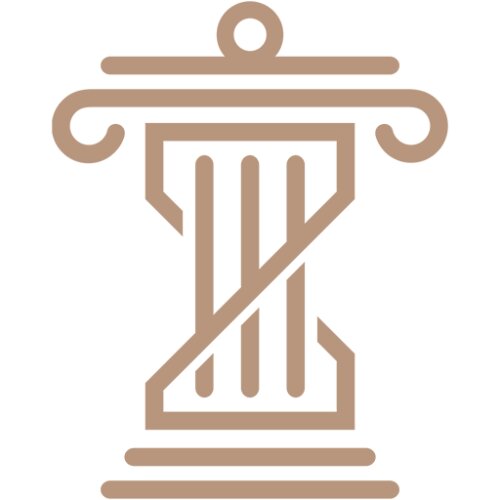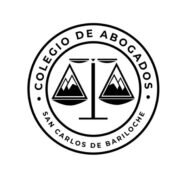Best Drunk Driving Lawyers in Buenos Aires
Share your needs with us, get contacted by law firms.
Free. Takes 2 min.
List of the best lawyers in Buenos Aires, Argentina
About Drunk Driving Law in Buenos Aires, Argentina:
Drunk driving, known as "conducir bajo los efectos del alcohol" in Spanish, is a serious offense in Buenos Aires, Argentina. The legal blood alcohol limit is 0.5 grams per liter of blood, and penalties for drunk driving can be severe, including fines, license suspension, and even jail time.
Why You May Need a Lawyer:
You may need a lawyer if you have been charged with drunk driving in Buenos Aires. A lawyer can help navigate the legal system, defend your rights, and potentially reduce or dismiss charges. They can also provide guidance on the complexities of the legal process and help you understand your rights.
Local Laws Overview:
In Buenos Aires, Argentina, drunk driving is a criminal offense punishable under the Penal Code. Police have the authority to conduct roadside breathalyzer tests, and refusal to comply can result in penalties. Repeat offenders may face harsher punishments, including longer license suspensions and higher fines.
Frequently Asked Questions:
1. Can I refuse a breathalyzer test in Buenos Aires?
It is not advisable to refuse a breathalyzer test in Buenos Aires as it can lead to penalties, including license suspension.
2. What are the penalties for drunk driving in Buenos Aires?
Penalties for drunk driving in Buenos Aires can include fines, license suspension, and even jail time, depending on the circumstances.
3. Will I need to appear in court for a drunk driving charge?
Yes, you will likely need to appear in court for a drunk driving charge in Buenos Aires.
4. Can a lawyer help me reduce my charges or penalties?
Yes, a lawyer can help you navigate the legal process and potentially reduce or dismiss charges.
5. How long will my license be suspended for a drunk driving offense?
License suspensions for drunk driving offenses in Buenos Aires can vary depending on the severity of the offense and if you are a repeat offender.
6. Can I drive with a foreign driver's license if charged with drunk driving in Buenos Aires?
It is best to consult with a legal expert to understand the implications of driving with a foreign driver's license after a drunk driving charge in Buenos Aires.
7. Will a drunk driving charge stay on my record permanently?
A drunk driving charge may stay on your record permanently, potentially impacting future legal matters.
8. Can I represent myself in a drunk driving case in Buenos Aires?
While it is possible to represent yourself in a drunk driving case, it is advised to seek legal counsel for the best possible outcome.
9. What is the process for contesting a drunk driving charge in Buenos Aires?
The process for contesting a drunk driving charge in Buenos Aires may involve legal representation, court appearances, and presenting evidence to support your case.
10. How can I find a reputable lawyer for a drunk driving case in Buenos Aires?
You can seek recommendations from trusted sources, consult legal directories, or contact local bar associations for referrals to reputable lawyers specializing in drunk driving cases in Buenos Aires.
Additional Resources:
For additional resources on drunk driving laws in Buenos Aires, Argentina, you can contact the Buenos Aires Ministry of Justice and Human Rights or seek guidance from organizations like MADD (Mothers Against Drunk Driving).
Next Steps:
If you need legal assistance for a drunk driving charge in Buenos Aires, it is recommended to contact a qualified lawyer specializing in criminal defense and drunk driving cases. They can provide personalized guidance and support throughout the legal process to help achieve the best possible outcome for your case.
Lawzana helps you find the best lawyers and law firms in Buenos Aires through a curated and pre-screened list of qualified legal professionals. Our platform offers rankings and detailed profiles of attorneys and law firms, allowing you to compare based on practice areas, including Drunk Driving, experience, and client feedback.
Each profile includes a description of the firm's areas of practice, client reviews, team members and partners, year of establishment, spoken languages, office locations, contact information, social media presence, and any published articles or resources. Most firms on our platform speak English and are experienced in both local and international legal matters.
Get a quote from top-rated law firms in Buenos Aires, Argentina — quickly, securely, and without unnecessary hassle.
Disclaimer:
The information provided on this page is for general informational purposes only and does not constitute legal advice. While we strive to ensure the accuracy and relevance of the content, legal information may change over time, and interpretations of the law can vary. You should always consult with a qualified legal professional for advice specific to your situation.
We disclaim all liability for actions taken or not taken based on the content of this page. If you believe any information is incorrect or outdated, please contact us, and we will review and update it where appropriate.
















